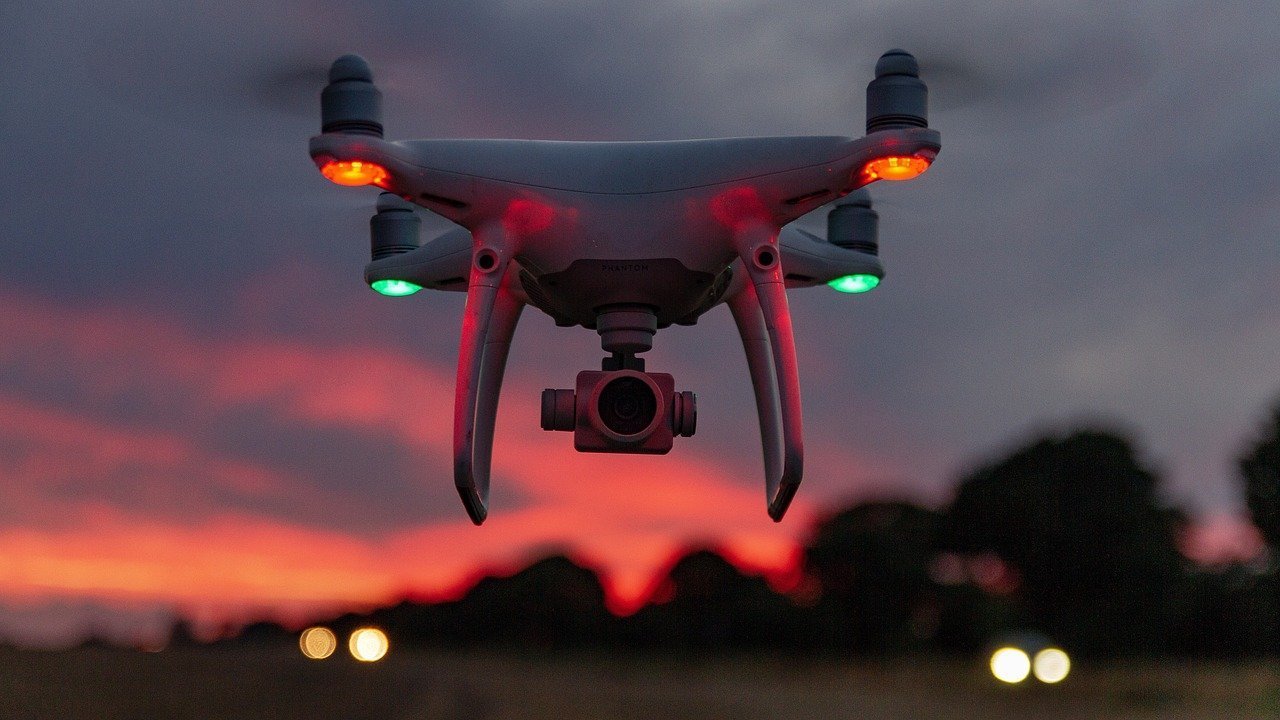FRANCE: New security bill poses the threat of a surveillance society
On 19 October, the French Senate has adopted with modifications the first reading of the bill on criminal responsibility and internal security, which deals with the use of surveillance drones by law enforcement agencies. The bill already passed the scrutiny of the National Assembly on 23 September, on its first reading.
This law has received a lot of criticism since it contains some measures already appeared in the bill on global security, which had been censured by the Constitutional Council. Back then, the provisions on drone surveillance included in that law were rejected because they were not properly balanced with sufficient guarantees of respect for privacy.
So, while the bill on global security has been rewritten, the surveillance measures in the new security bill has been presented by the government as fairer, with the acknowledgment of the Council of State – which was not the case before.
Not everyone agreed, though. For example, Claire Hédon, as Human Rights Defender in charge of the defence of citizens’ rights against administrations, was very critical in an opinion submitted to Parliament on 20 September, before the vote in the National Assembly. She noted that guarantees had been added, compared to what was envisaged in the other text, but ambiguous wording leads her to believe that it would be possible to circumvent these safeguards in certain circumstances.
Also French CSOs were quite critical of the bill. At the end of September, La Quadrature du Net commented that: “This is yet another proof that there is nothing to expect from Parliament to protect us from the government’s security excesses.“
“The government wants to pretend that it is responding to the criticisms of the Constitutional Council, but it is reworking the same text with marginal changes that do not alter its profoundly liberticidal nature“, added the organisation.
The Ligue des Droits de l’Homme called out the security bill as “the stubborn pursuit of a logic of a society of generalized #surveillance“, claiming that “we are all targeted!“.

